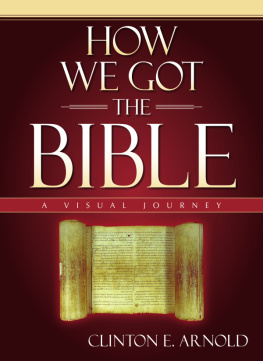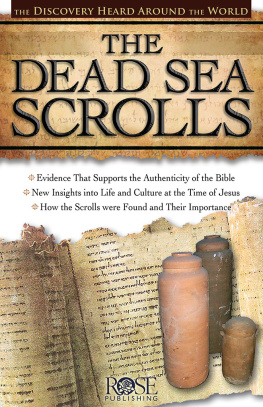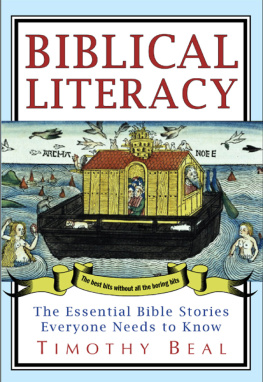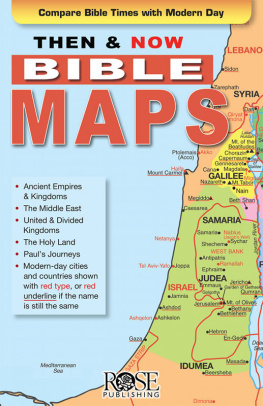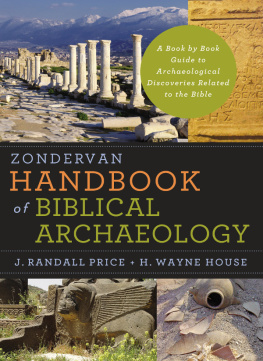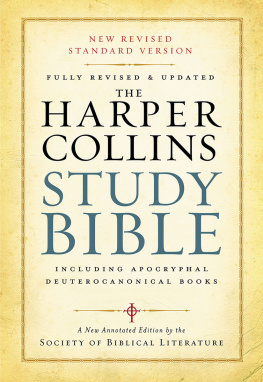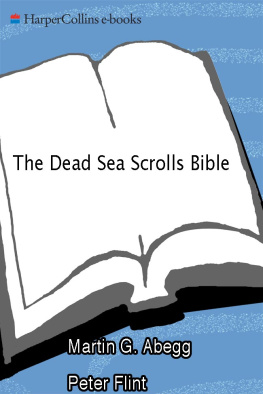Jeffery L. Sheler - Is the Bible True?: How Modern Debates and Discoveries Affirm the Essence of the Scriptures
Here you can read online Jeffery L. Sheler - Is the Bible True?: How Modern Debates and Discoveries Affirm the Essence of the Scriptures full text of the book (entire story) in english for free. Download pdf and epub, get meaning, cover and reviews about this ebook. year: 2010, publisher: HarperCollins, genre: Religion. Description of the work, (preface) as well as reviews are available. Best literature library LitArk.com created for fans of good reading and offers a wide selection of genres:
Romance novel
Science fiction
Adventure
Detective
Science
History
Home and family
Prose
Art
Politics
Computer
Non-fiction
Religion
Business
Children
Humor
Choose a favorite category and find really read worthwhile books. Enjoy immersion in the world of imagination, feel the emotions of the characters or learn something new for yourself, make an fascinating discovery.

- Book:Is the Bible True?: How Modern Debates and Discoveries Affirm the Essence of the Scriptures
- Author:
- Publisher:HarperCollins
- Genre:
- Year:2010
- Rating:3 / 5
- Favourites:Add to favourites
- Your mark:
Is the Bible True?: How Modern Debates and Discoveries Affirm the Essence of the Scriptures: summary, description and annotation
We offer to read an annotation, description, summary or preface (depends on what the author of the book "Is the Bible True?: How Modern Debates and Discoveries Affirm the Essence of the Scriptures" wrote himself). If you haven't found the necessary information about the book — write in the comments, we will try to find it.
In this lucid, insightful work, U.S. News & World Report religion writer Jeffrey L. Sheler draws upon years of investigation and in-depth interviews to tackle such controversial subjects as the recent Jesus Seminar, modern biblical archaeology, the Dead Sea Scrolls, and the mysterious Bible codes. This solid exploration into some of the thorniest aspects of current debates about the Bible and religion concludes with a message of reassurance about historical accuracy, validity, and integrity of the Scriptures. Shelers bold but balanced investigation discloses a Bible still worthy of belief in a modern age. In this authoritative book, renowned U.S. News & World Report religion writer Jeffrey L. Sheler sifts through the claims and counterclaims of contemporary biblical studies. After carefully investigating the full spectrum of cutting-edge research and conflicting reports, he challenges the popular perception that the credibility of the Bible has been seriously undermined by critical scholarship. Rather, he concludes that the weight of the historical evidence upholds the essential truth of Exodus, the Gospel accounts of Jesus, and other vital elements of the Bible. The author draws extensively from his own interviews with leading Bible experts and on-site reports from Israel and Egypt in his examination of scholarships hot-button issues, including: Dramatic archaeological discoveries that both affirm and challenge the history in the Bible. The controversial quest for the historical Jesus and its sometimes flawed arguments and skeptical assumptions regarding the reliability of the Gospels. The amazing revelations of the Dead Sea Scrolls and other ancient texts that profoundly influence our understanding of the Bible. The mysterious phenomenon of The Bible Code and why there may be far less to its doomsday prophesies than meets the eye. Shelers considerable experience as a leading religion journalist enables him to get to the heart of the issues without the jargon. Written in clear, compelling prose, Is the Bible True? Presents a sophisticated analysis informed by important scholarly work in lucid, accessible terms.
Jeffery L. Sheler: author's other books
Who wrote Is the Bible True?: How Modern Debates and Discoveries Affirm the Essence of the Scriptures? Find out the surname, the name of the author of the book and a list of all author's works by series.

